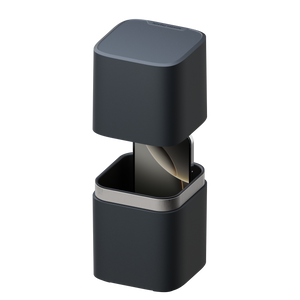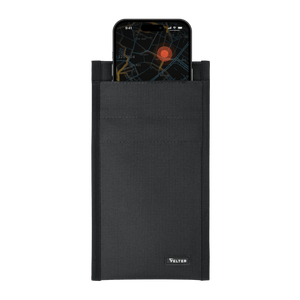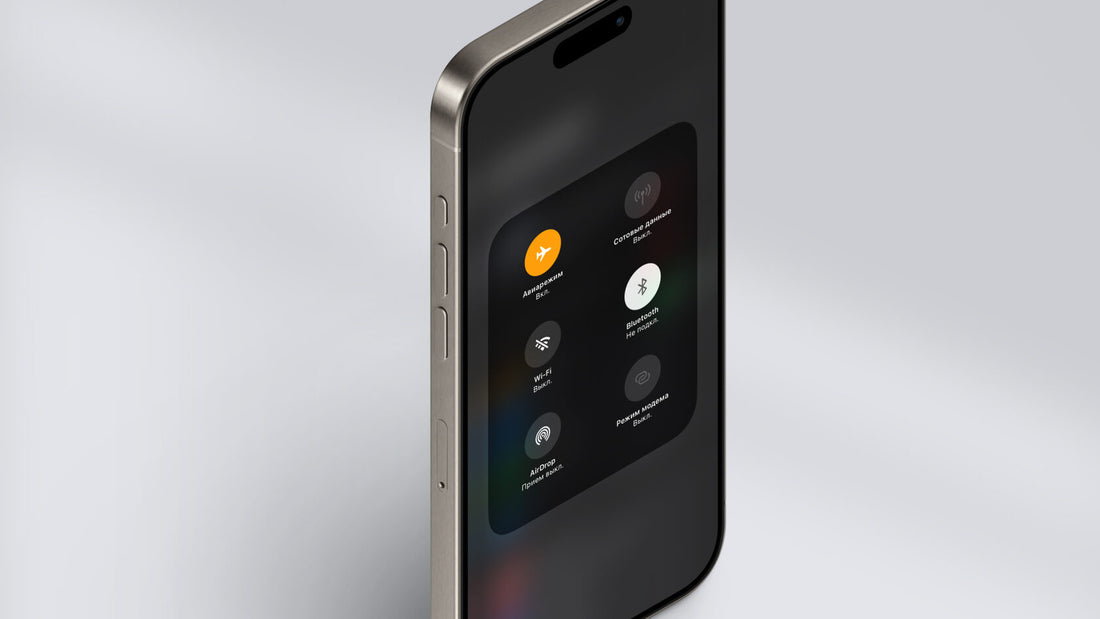iPhone Privacy Features: Falling Short of True Security
In the realm of digital privacy, Apple has long been touted as the standard-bearer with its iPhone lineup. Promising robust security measures, Apple has prided itself on providing users with an unparalleled level of protection against privacy breaches. However, as users become increasingly concerned about the safety of their personal data, it's worth examining whether the iPhone's privacy features truly live up to the hype.

Airplane Mode and Power Off: No Silver Bullet
Traditionally, one of the first lines of defense against potential surveillance has been to power off or activate airplane mode on smartphones. Yet, in today's digital landscape, where sophisticated tracking technologies abound, such measures are no longer foolproof.

Even when powered off, iPhones remain susceptible to tracking through features like the Find My Device functionality, leaving users vulnerable to privacy infringements beyond their control.
Furthermore, the widespread adoption of Bluetooth Low Energy technology means that even when seemingly offline, smartphones continue to exchange data, allowing for potential tracking and surveillance. This subtle but significant loophole highlights the limitations of relying solely on manual disconnection methods for safeguarding privacy.
Disabling Tracking Functions: Illusion of Control
Many users seek to enhance their privacy by disabling tracking functions within the iPhone's settings. However, while this may seem like a proactive step, it's important to recognize the inherent limitations of such actions. For instance, iPhone Analytics, a feature ostensibly designed to improve user experience, serves as a comprehensive data collection tool, capturing everything from error reports to app usage data.
While users may believe they have regained control over their privacy by toggling off certain settings, the reality is that hidden mechanisms within the iPhone ecosystem continue to collect and analyze user data, often without explicit consent or awareness.
Lockdown Mode: A Flawed Defense
In response to the escalating threat of spyware attacks, Apple introduced Lockdown Mode, aiming to fortify iPhones against potential breaches. Yet, despite its promise of enhanced security, Lockdown Mode's effectiveness remains questionable, particularly against sophisticated spyware variants like Pegasus.
While Lockdown Mode may deter basic spyware attempts, it fails to provide comprehensive protection against advanced surveillance techniques. This underscores the need for more robust privacy solutions that address the evolving landscape of digital threats.
Physical Disconnection: The Ultimate Privacy Frontier
In the pursuit of absolute privacy, some users may seek to physically disconnect their devices from communication networks. However, mainstream smartphones, including iPhones, lack this capability, leaving users vulnerable to remote tracking and surveillance.
Enter Faraday cages — compact enclosures designed to block electromagnetic signals and prevent unauthorized access to electronic devices. By enveloping smartphones in a Faraday cage, users can effectively disconnect their devices from wireless networks, providing an added layer of privacy and security.

Rethinking iPhone Privacy
While Apple's iPhone boasts an array of privacy features, it's clear that they fall short of providing users with comprehensive protection against digital threats. As concerns over data privacy continue to mount, it's imperative for users to remain vigilant and explore alternative privacy solutions that offer greater security and peace of mind in an increasingly connected world.


